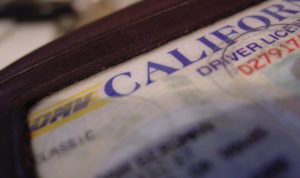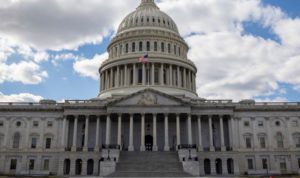Complicated Environmental Regulation in Indian Country
Federal and state environmental regulations ignore and exclude Native perspectives.
Native Peoples, Tribal Sovereignty, and Regulation
Expert scholars and practitioners explore how Native American communities experience regulation.
How Should the United States Protect Data?
Scholars suggest ways for the U.S. Congress to implement a federal data privacy policy.
Week in Review
President Biden signs a $1.9 trillion stimulus package, the CDC says fully vaccinated people can congregate indoors, and more…
Biometric Data and Midnight Regulations
The Biden Administration should assess the long-term effect of a Trump era biometric data collection policy.
Solving Climate Change through Retirement Plan Regulation
A new ESG Rule is needed to allow sustainable investing of retirement plan assets.
Mismatched Gender Markers on State ID Cards
Scholar argues for simpler processes to change gender on identification cards.
A New New York Stock Exchange?
The SEC paves the way for companies to raise capital directly from investors in initial offerings.
The Irrationality of Market Failure Theory
The economic principles underlying cost-benefit analysis exclude future impacts.
The Role of Law, Not Just the Rule of Law
The law should complement—not control—private decision-making.
Vaccine Mandates in the Time of COVID-19
Experts examine the legality and efficacy of vaccine mandates.
Week in Review
FDA authorizes single-dose COVID-19 vaccine, Governor Abbott revokes Texas mask mandate, and more…











